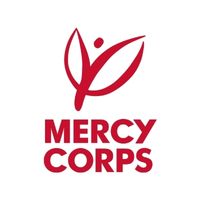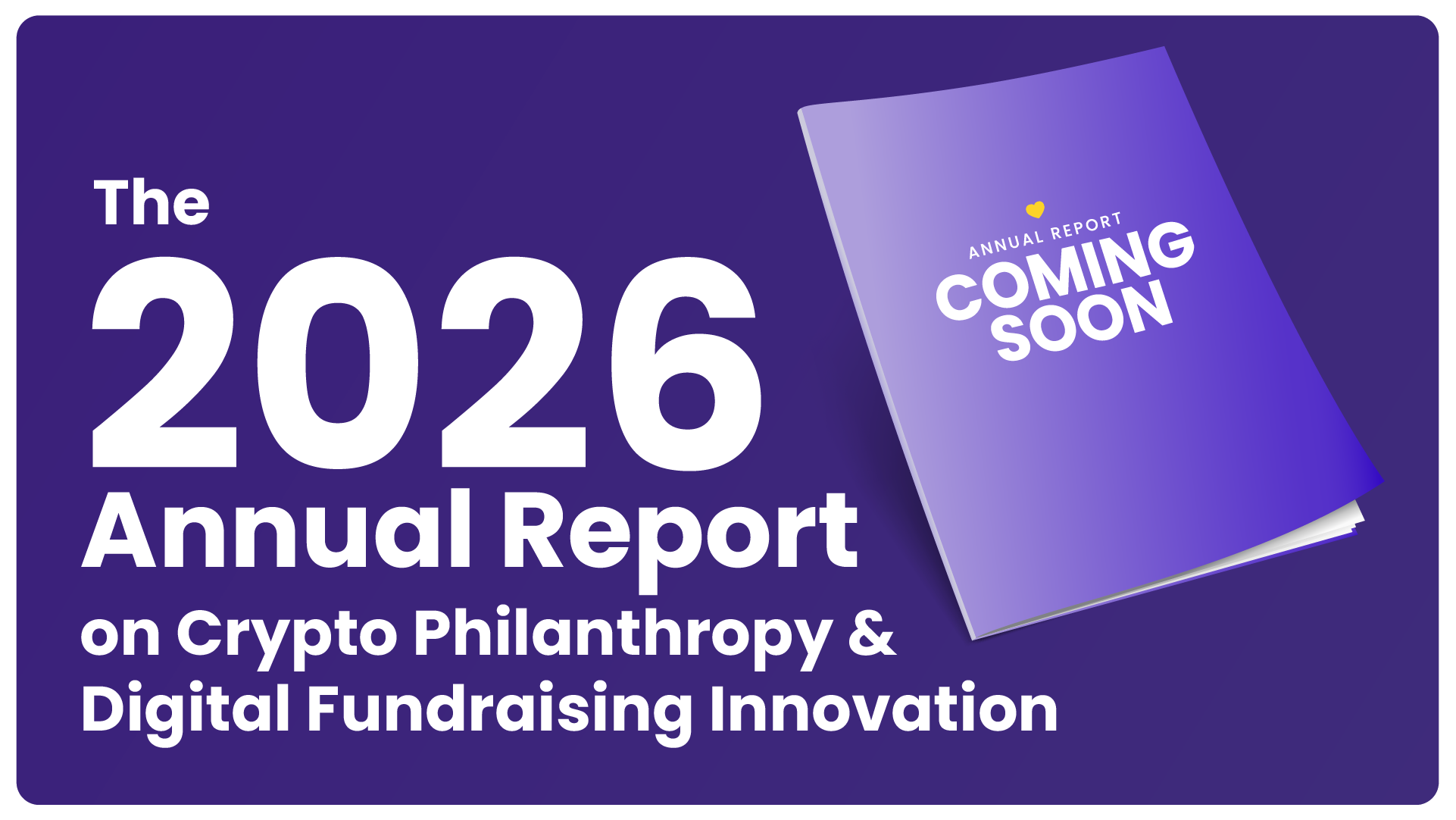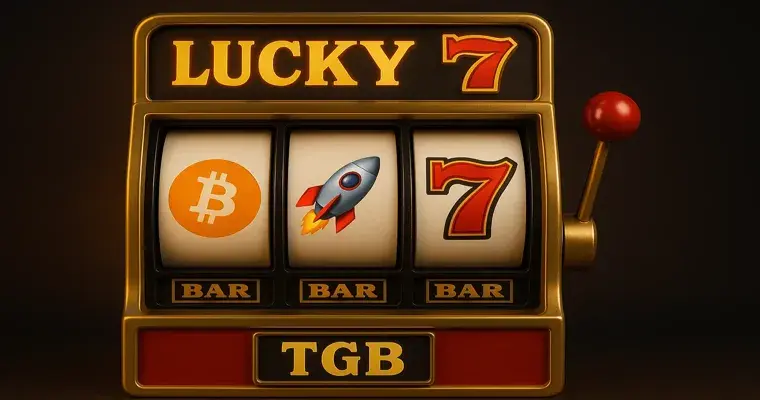A charitable organization’s success depends largely on the tools used to measure and maximize its impact. With modern technologies at their fingertips, today’s charities can power their operations at scale. One of the most powerful innovations available is the blockchain, which is the underlying technology behind the crypto economy.
For the world’s millions of mission-driven organizations, the blockchain offers limitless possibilities. It can increase transparency in supply chains, enable fast delivery of financial aid in a crisis zone, and so much more.
With more and more nonprofits seeing its value, it’s clear that blockchain isn’t just useful for increasing the bottom line for businesses; it’s a revolutionary tool for charities. Read on to discover how some nonprofits are using the power of blockchain for social impact:

Save the Children
After the release of the Bitcoin whitepaper in 2009, it wasn’t long before nonprofits began to explore the possibilities of crypto. One of the earliest was Save the Children, which took steps to accept Bitcoin donations in 2013 in response to Typhoon Haiyan, which devastated the Philippines.
To date, the international humanitarian organization has raised seven million in cryptocurrency donations, and uses its unique crypto donation fund, #HodlHope, to engage with and showcase the impact of the crypto community.

Mercy Corps
Many nonprofits work to provide access to financial inclusion to “unbanked” or “underbanked” communities neglected by the traditional system. One of these organizations, Mercy Corps, has launched several programs that leverage the blockchain via Mercy Corps Ventures, the organization’s impact investing arm.
Its blockchain-driven initiatives aim to make their global humanitarian work more efficient. With one pilot venture, a community of rural Kenyan farmers was able to access loans for the very first time. This was done via stablecoins, digital assets that have a 1:1 value equivalent to a government-backed currency (e.g., the US dollar).

UNHCR
Delivering cash assistance is not as simple as it sounds, especially when working with displaced communities of people. One UN agency, the United Nations High Commissioner for Refugees (UNHCR), works in 130 countries to help those seeking resettlement due to war, conflict or persecution.
Working with Circle and Stellar Development Foundation, the UNHCR is able to provide emergency aid without the need for bank accounts, credit scores, or debit cards. These aid disbursements are quick, low-cost and transparent due to the public nature of blockchain ledgers—and provide a powerful case study to inspire future innovation.

Big Green DAO
Donors and nonprofits don’t always see eye-to-eye on how to allocate fundraising revenue. That’s a challenge that Kimbal Musk’s nonprofit, Big Green, is addressing head-on with the help of the blockchain.
The emergence of Decentralized Autonomous Communities, or DAOs, has the potential to change how social impact projects are assessed and funded. Big Green DAO is an experiment that combines a mission-driven nonprofit with DAO governance rules. The result is a novel way to challenge the norms of charitable giving and philanthropic grant funding.

Human Rights Foundation (HRF)
One way to systematically defend human rights globally is to provide help to those living under authoritarian rule. For the Human Rights Foundation (HRF), Bitcoin is championed as a vital tool for human rights activists, civil society organizations, and journalists.
Bitcoin can serve as a censorship-resistant form of money that allows media outlets and pro-democracy activists to continue their important work. To protect this tool, the organization supports the resilience of the Bitcoin network by funding Bitcoin developer grants, and to spread knowledge of its benefits, it hosts the Oslo Freedom Forum each year.

Bill & Melinda Gates Foundation
Interoperability is the ability of systems to integrate or work with each other. For impact-driven organizations, interoperability can be critical to their success. So it speaks volumes that the Bill & Melinda Gates Foundation, a leading organization creating the future of healthcare, has looked to blockchain for ways to improve its systems.
The organization has experimented with blockchain since 2015, one example being Mojaloop, an open-source payment platform designed for those lacking access to usual payments platforms. These pilot programs demonstrate the power of blockchain’s digital ledger system to share data with less friction than traditional technology.

UNICEF
World-changing ideas rarely change the world overnight. UNICEF has taken a two-fold approach to its exploration of blockchain technology, which impacts the organization’s work today and invests in the future.
For the former, its UNICEF Innovation Fund supports the development of blockchain apps that can provide greater transparency in health-care delivery, affordable access to mobile phone connectivity, the ability to direct finances to those in need, and more. Meanwhile, the organization has also developed learning initiatives for children like SURGE, which encourages attendees to imagine the role of blockchain in addressing global issues.

Doctors Without Borders
Lack of access to medical records can be a life-or-death issue for people around the world. Doctors Without Borders has looked to the blockchain to mitigate the unnecessary loss of life due to poor medical record keeping (or difficulty in accessing those records).
In partnership with a startup called Transcrypt, Doctors Without Borders has uploaded tens of thousands of COVID-19 immunization records to the blockchain, which can be accessed via mobile phone. Eventually, the organization plans to upload all patient medical records to the blockchain.

Heifer International
One of the biggest challenges in providing charitable aid is ensuring that funds reach the intended parties. Heifer International, in its global effort to support farmers and their communities, has relied on the blockchain to ensure greater transparency.
The charitable organization has made several pilots with the technology through its Blockchain Initiatives Team and Heifer Labs. For example, it has developed a tool that delivers donations to farmers in Honduras with crypto payments instead of government-backed currencies. Without the need of a centralized record keeping tool, these blockchain-based initiatives help build trust among donors while keeps Heifer International’s mission going strong.
Blockchain is Tech, Impact and Innovation
Modern technology has always played a vital role for the social impact sector. Today, blockchain and cryptocurrency are still in their early stages of development, so we see a bright future for charitable organizations that explore the possibilities of Web3. From supporting charitable missions through crypto philanthropy to revolutionizing aid disbursements, we applaud the nonprofits on the cutting edge.
Read to invest in change? Start here:





















